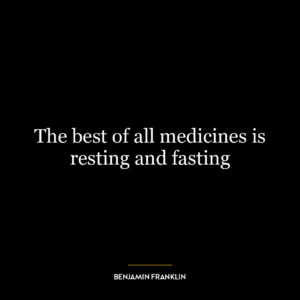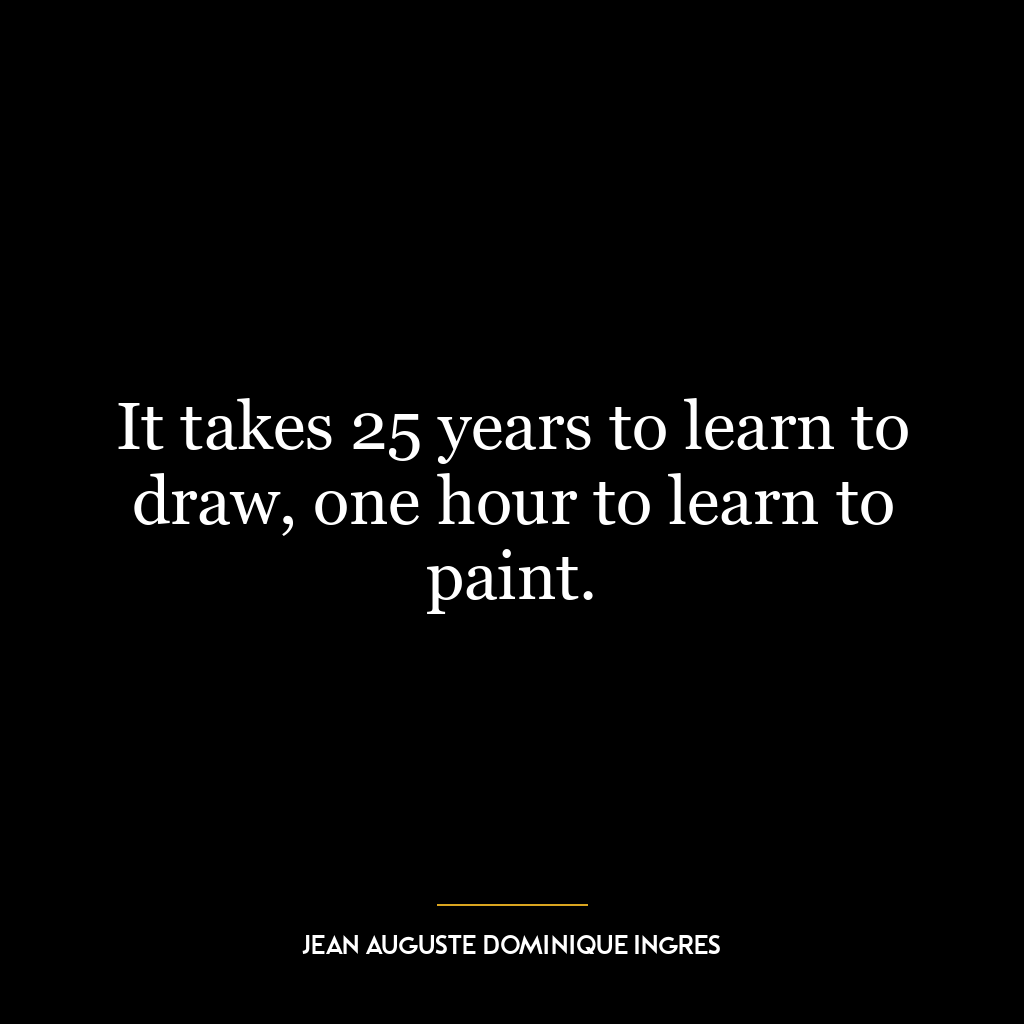Wise men learn by others’ harms, fools scarcely by their own.
This quote suggests that wisdom is not just about learning from your own mistakes, but also from the mistakes of others. Wise individuals are those who can observe, understand, and learn from the misfortunes or errors that others make. They don’t need to personally experience the harm to understand its consequences. On the contrary, fools, as Franklin puts it, barely learn even from their own mistakes. They tend to repeat their errors, failing to extract valuable lessons from their own experiences.
The quote emphasizes the importance of observation, empathy, and knowledge transfer in personal growth. It’s about the ability to perceive the world around us, understand the cause-and-effect relationships, and apply this understanding to our own behavior and decision-making.
In today’s world, this idea is more relevant than ever. We live in an interconnected society where we can easily observe and learn from the experiences of people across the globe. For example, through social media and news, we can learn about the consequences of certain life choices, political decisions, or business strategies. We can then use this knowledge to inform our own decisions and avoid similar pitfalls.
In the context of personal development, this quote encourages us to be open-minded and observant. It suggests that we should actively seek to learn from the experiences of others, not just our own. For instance, we can read autobiographies, watch documentaries, or listen to podcasts to learn about other people’s successes and failures. This can help us make better decisions in our own lives, avoid unnecessary harm, and become wiser.
In essence, this quote is a call to proactive learning and growth. It’s a reminder that wisdom comes not just from personal experience, but also from the ability to learn from others’ experiences.















